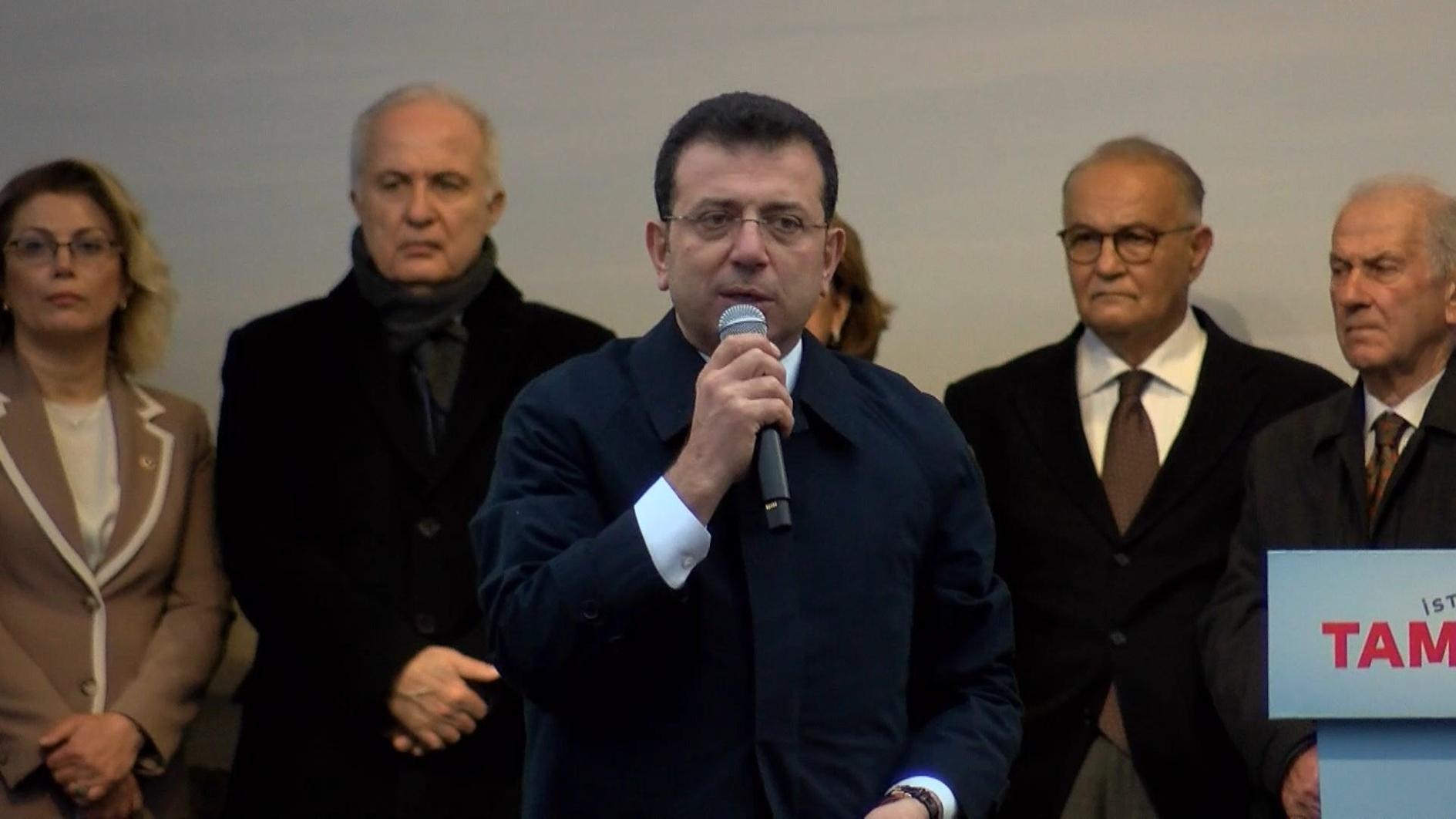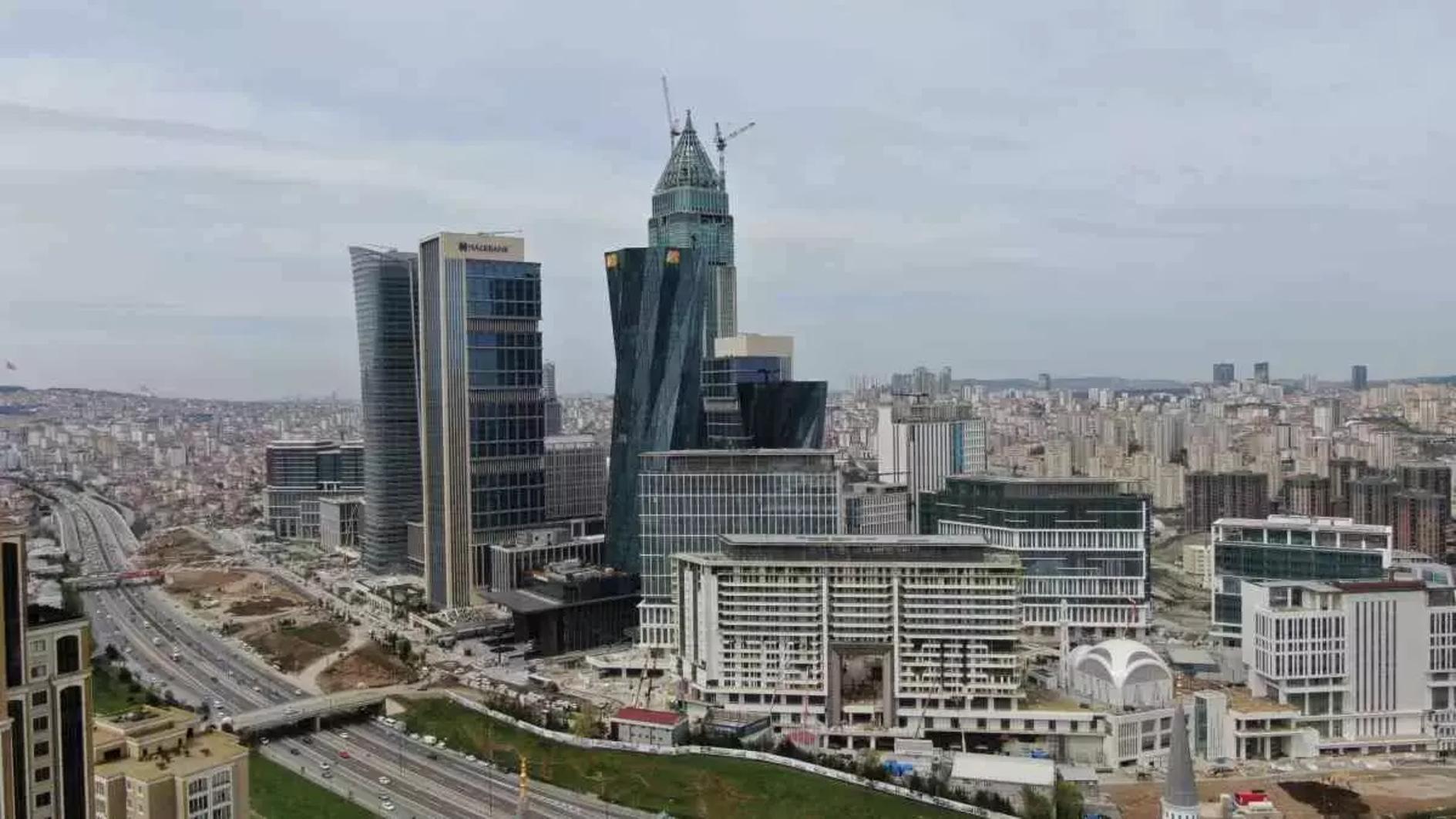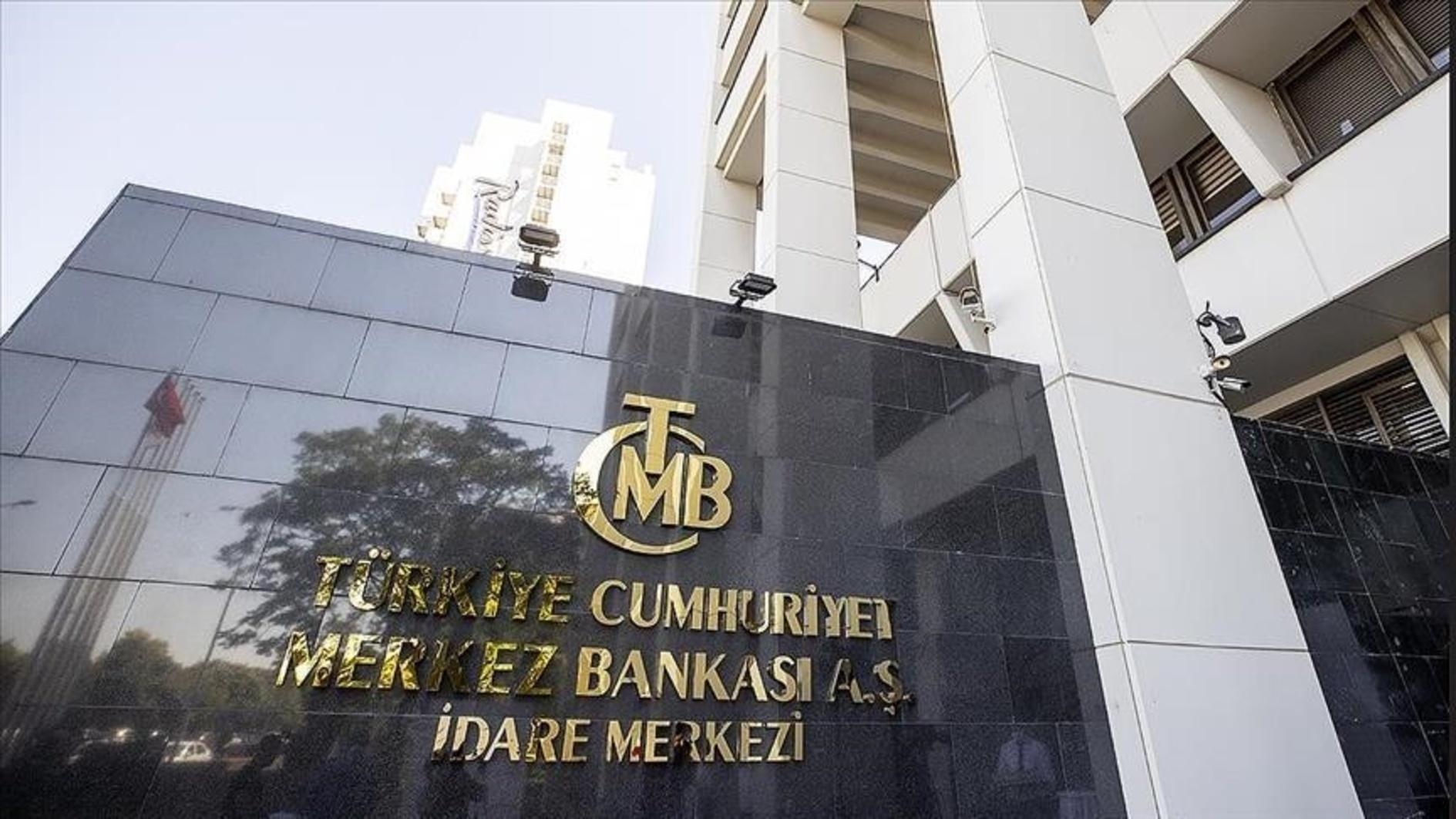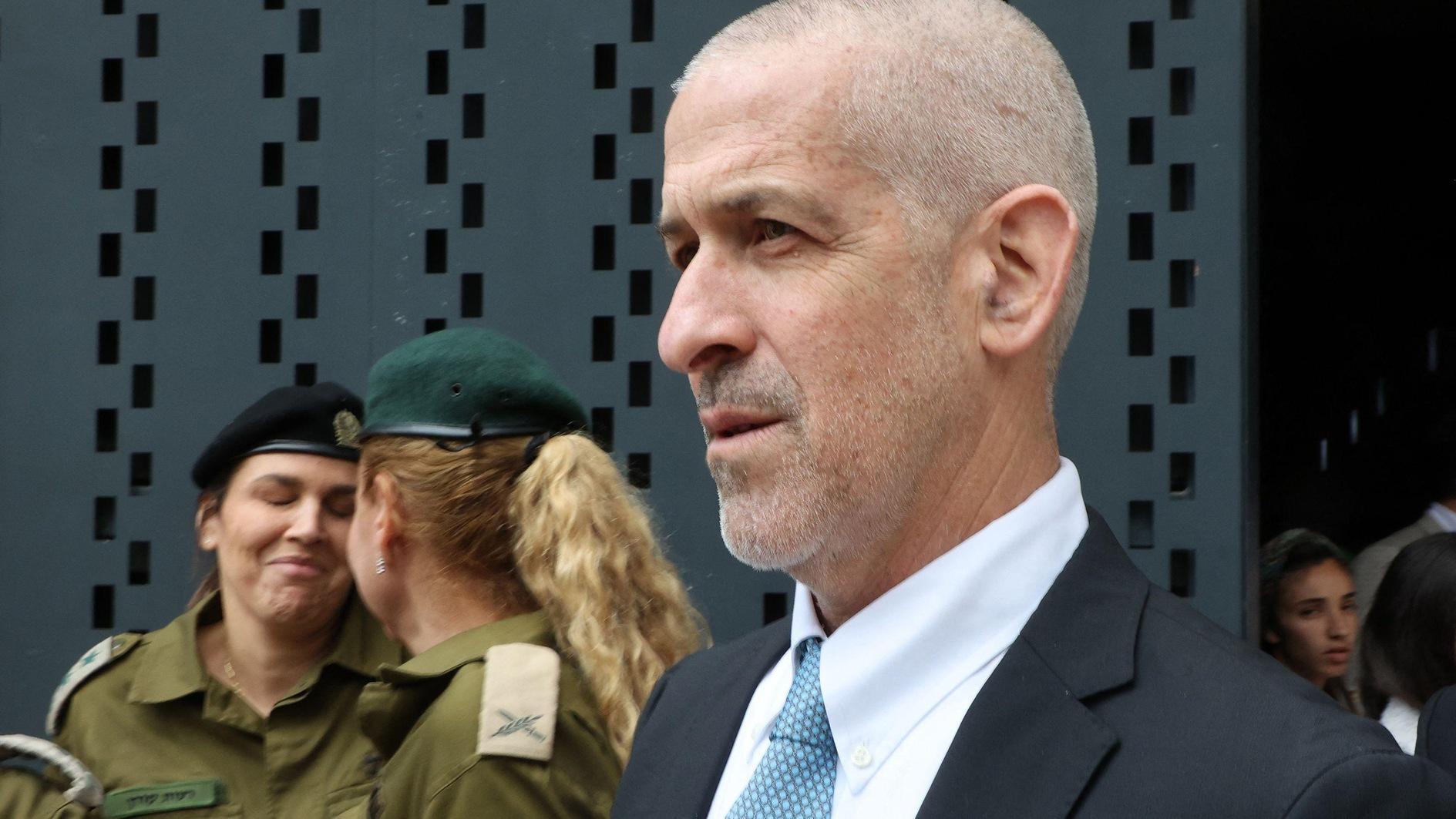Debate on low oil prices
We have been talking more than usual about Turkey’s energy policies and prices over the last few days. The primary reason is world oil prices that have been following a low course for some time, but another important factor is the new agreement reached between North Iraq and the Iraqi central administration.
Turkey, at the cost of clashing with the Iraqi central administration, has provided means for North Iraq to transport its oil to the world market, after a deal was struck with the North Iraq administration regarding oil and natural gas production fields. Turkey, by nature of siding between North Iraq and the Iraqi central administration, was in a difficult position.
The struggle against the Islamic State of Iraq and the Levent (ISIL) led by the United States brought with itself the reconciliation between North Iraq and the Iraqi central administration. The iciness between Turkey and the new Iraqi central administration was thawed when Prime Minister Ahmet Davutoğlu’s visited last week, and trust was restored with the North Iraq administration.
When these developments coincided with the Atlantic Council meetings last weekend attended by U.S. Vice President Joe Biden, energy suddenly became the number one topic on the country’s political and economic agenda.
Another point of discussion regarding energy and the economy is on how world oil prices falling to $80 per barrel would affect the equilibrium of the Turkish economy. This low point in world oil prices has begun to have a serious impact on the import-addicted Turkish economy, and the level and duration of this impact has become yet another talking point.
Meanwhile, last weekend, a statement on Turkey’s credit rating from international credit rating agency Standard and Poor’s (S&P) and a routine assessment from the International Monetary Fund (IMF) were published. In both evaluations, it was highlighted that Turkey’s growth rates fell in line with a drop in global liquidity. However, despite that, the current account deficit and inflation did not recover adequately. Furthermore, it was reported that risks concerning Turkey’s economy remained and depending on global financial developments of 2015, those risks may expand.
Babacan trying to stop fatigue
As always, these critical assessments were interpreted as a “hostile attitude” by those close to the government. The major argument these interpreters have is: “the fall in world oil prices will positively affect the economy.” However, despite that, assessments were “deliberately” made to look poor.
Actually, the best response to these comments came from Deputy Prime Minister Ali Babacan. He said if Turkey were to diversify its energy sources, its share of renewable energy would increase, which would also prove important for EU security. On low oil prices, he said, “We cannot rely forever on the fall in oil prices.”
By making this assessment, Babacan is trying prevent the trend of giving up structural measures by using world oil prices as an excuse. In other words, he wants to prevent the government from falling into lethargy on structural measures.
We can only hope Babacan’s efforts bear fruit, and populism does not prevail.











